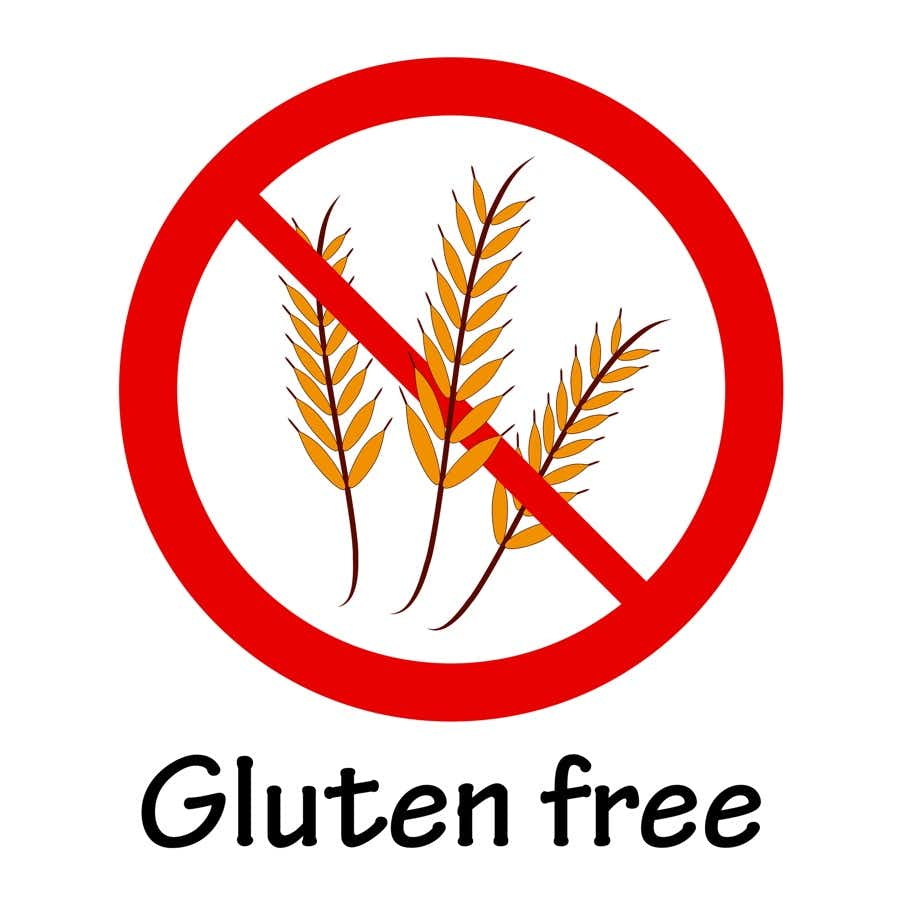
Until relatively recently (approximately the past two decades), doctors rarely offered a celiac disease diagnosis to an adult. They thought the condition was really quite rare and that it primarily affected very young children. That changed when researchers developed a blood test for tissue transglutaminase (BMC Medicine, July 2019). Now we know that even elderly individuals may suffer from celiac disease.
Septuagenarian Gets Celiac Disease Diagnosis:
Q. I am an 82-year-old healthy woman, active and self-sustaining. I was diagnosed with celiac disease eight years ago, after two years of diarrhea that became unmanageable. When I heard a friend describe his symptoms of celiac disease, I could relate. My friend said that a simple blood test would tell. So I asked my doctor for that and Bingo, there was the explanation!
I had no sign of any problems my whole lifetime until I was in my 70s. I have had to totally change my eating practices since this diagnosis.
What Is Celiac Disease?
A. Celiac disease is an autoimmune condition triggered by exposure to gluten, a protein found in wheat, barley and rye. Doctors used to think that it was primarily a childhood disease. Now we know that people at any age may need a celiac disease diagnosis, including those over 65 (Gastroenterology Clinics of North America, Sep. 2009).
The prevalence of celiac disease has been increasing in recent years, possibly due to environmental pollution (Environmental Research, May 11, 2020). Although this study linking common pollutants to a greater likelihood of celiac disease diagnosis was performed in adolescents and young adults, the same endocrine-disrupting chemicals may be found in the urine and blood of older individuals.
How to Treat Celiac Disease:
To treat celiac disease, you must avoid any food containing gluten. Foods like bread and pasta are obvious, but gluten is also found in places you might not expect, like soy sauce. You need to read labels carefully to make sure you are not exposed.
To learn more about celiac disease, you may wish to listen to our free podcast with Dr. Joseph A. Murray of the Mayo Clinic. It is Show 1100: What Is the Story on Celiac Disease?

